Writing Was Her Fashion
Mary Oliver wrote on things she knew about
particularly if it were a passion
whenever she felt the spirit move her
Writing was her fashion
When writing about nature
she was “a guide to the natural world”
One could call her “. . . a visionary”
as her thoughts poetically unfurled
Can we learn from Oliver’s example
We most certainly can
And even write our own poetry
for self, and woman, and man
© Forrest W. Heaton December 2022
Mary Oliver was America’s best-selling poet, publishing her first book of poetry in 1963 at the age of 28. In case you are partially or wholly unfamiliar with Mary Oliver, we have selected one of her best loved poems to open this blog post:
Wild Geese
by Mary Oliver
You do not have to be good.
You do not have to walk on your knees
for a hundred miles through the desert repenting.
You only have to let the soft animal of your body
love what it loves.
Tell me about despair, yours, and I will tell you mine.
Meanwhile the world goes on.
Meanwhile the sun and the clear pebbles of the rain
are moving across the landscapes,
over the prairies and the deep trees,
the mountains and the rivers.
Meanwhile the wild geese, high in the clean blue air,
are heading home again.
Whoever you are, no matter how lonely,
the world offers itself to your imagination,
calls to you like the wild geese, harsh and exciting –
over and over announcing your place
in the family of things.
It’s almost as though you can hear the geese honking as you read this poem. Maybe you can. Oliver’s early life was difficult. She was born 10Sep35 in a small town in Ohio, studied but not degreed at Ohio State and Vassar, spent several years with Edna St. Vincent Millay’s sister, Norma, and then met photographer Molly Malone Cook with whom she lived in Provincetown MA for 40 years until Cook died in 2005.
Oliver received many awards for her work including the Pulitzer Prize for Poetry in 1984 for her fourth book, American Primitive (1983). In addition to her poetry, she received awards for her essays including Best American Essays in 1996, 1998, and 2001. She was awarded Honorary Doctorates from The Art Institute of Boston in 1998, Dartmouth College in 2007, and Tufts University in 2008. On 17 January 2019 Oliver died at the age of 83 living in Provincetown.
Critics have commented: Oliver was able to “. . . transition from engaging the natural world to engaging more personal realms.” Readers will notice she almost never wrote about herself in her early work, concentrating mostly on the natural world. In her later works, she also examined the self. In both cases, she included “amazement” in her work.
If you’ve not regularly read Mary Oliver, we’ve included two more of her poems which might inspire you to purchase one of her books which contain more. Or, at least check the internet which has many poems to offer. Here’s one:
The Swan
by Mary Oliver
Did you too see it, drifting, all night, on the black river?
Did you see it in the morning, rising into the silvery air –
An armful of white blossoms,
A perfect commotion of silk and linen as it leaned
into the bondage of its wings; a snowbank, a bank of lilies,
Biting the air with its black beak?
Did you hear it, fluting and whistling
A shrill dark music – like the rain pelting the trees – like a waterfall
Knifing down the black ledges?
And did you see it, finally, just under the clouds –
A white cross Streaming across the sky, its feet
Like black leaves, its wings Like the stretching light of the river?
And did you feel it, in your heart, how it pertained to everything?
And have you too finally figured out what beauty is for?
And have you changed your life?
We opened with one of Oliver’s most famous poems, Wild Geese, included another of her most famous poems, The Swan, and close with a another one of my wife, Mary’s, favorites, The Summer Day.
The Summer Day
by Mary Oliver
Who made the world?
Who made the swan, and the black bear?
Who made the grasshopper?
This grasshopper, I mean—
the one who has flung herself out of the grass,
the one who is eating sugar out of my hand,
who is moving her jaws back and forth instead of up and down—
who is gazing around with her enormous and complicated eyes.
Now she lifts her pale forearms and thoroughly washes her face.
Now she snaps her wings open, and floats away.
I don’t know exactly what a prayer is.
I do know how to pay attention, how to fall down
into the grass, how to kneel down in the grass,
how to be idle and blessed, how to stroll through the fields,
which is what I have been doing all day.
Tell me, what else should I have done?
Doesn’t everything die at last, and too soon?
Tell me, what is it you plan to do
with your one wild and precious life?

